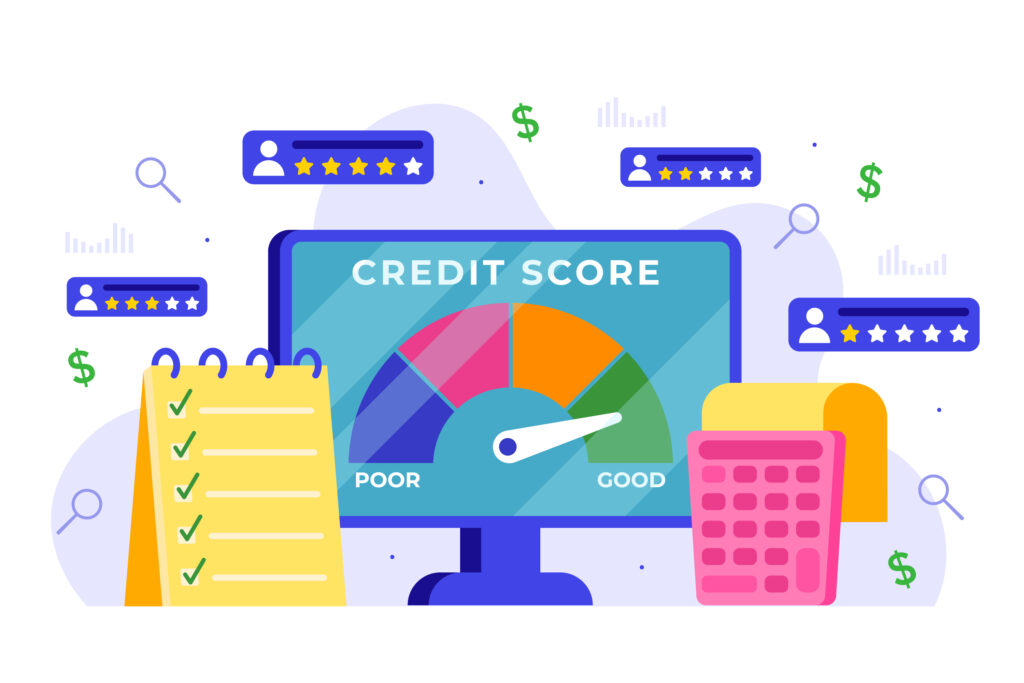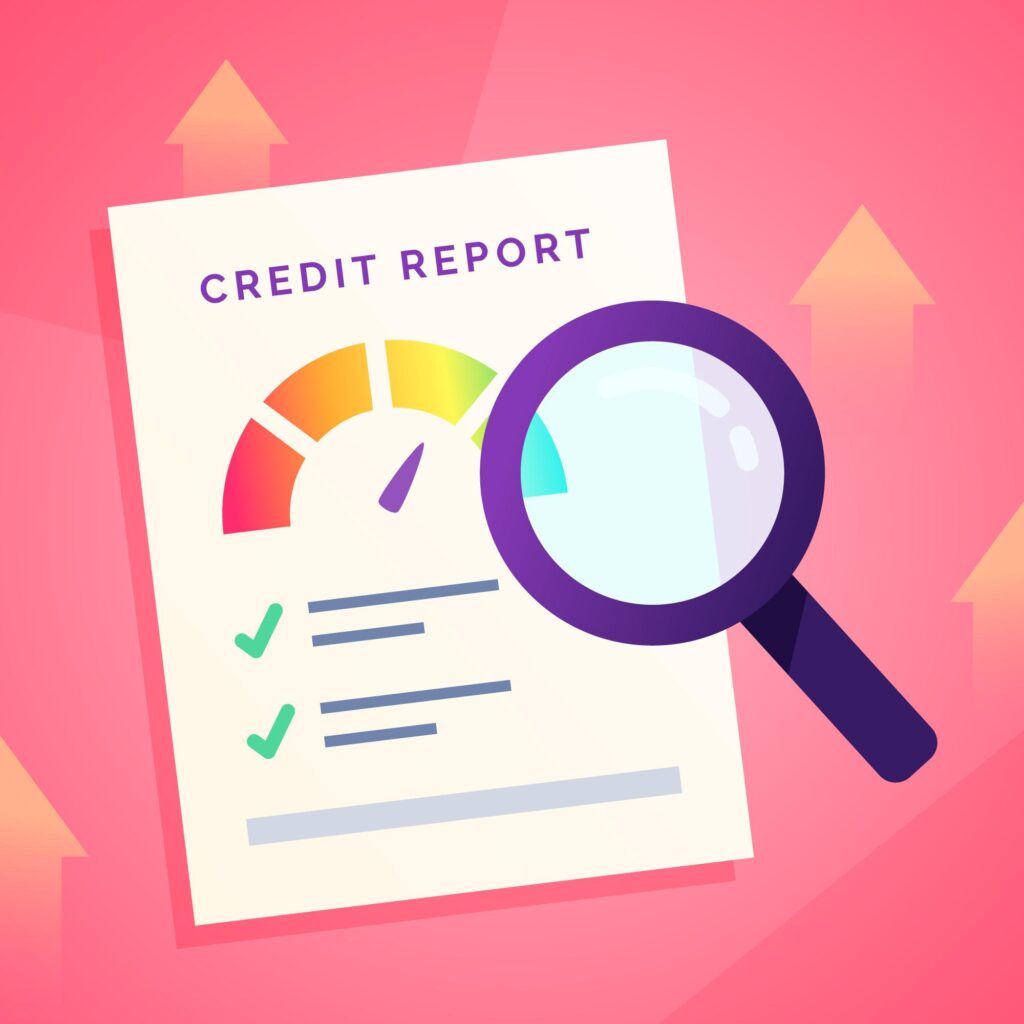Credit scores determine if a person can repay debts based on their credit history. Modern banking relies on these scores to lend money and offer pre-approved loans. Four authorized companies in India analyze credit scores, licensed by the Reserve Bank of India:
- TransUnion CIBIL: Known for partnering with numerous Indian financial institutions.
- Equifax: Collaborates between American and Indian entities, offering understandable data.
- Experian: Headquartered in Ireland, it provides credit ratings and innovative services, such as WhatsApp credit scores.
- CRIF Highmark: An Indian company with a vast microfinance credit database.
To get a credit rating, visit bureau websites, and request a free annual score using Aadhar and PAN details. Experian allows free credit scores via WhatsApp without usage restrictions.
The credit score, typically ranging from 300 to 900, represents credit history confidentiality. Access requires a PAN card number through licensed agencies.

The following tables display the rating criteria used by all four credit bureaus
| CIBIL Range | Rating |
|---|---|
| 300-499 | Poor |
| 500-649 | Average |
| 650-749 | Good |
| 750-900 | Excellent |
CIBIL Score and Loan Eligibility
The CIBIL score range, as depicted in the above chart, assesses a borrower’s reliability. Individuals with a CIBIL score surpassing 750 can secure loans at minimal interest rates across financial institutions. They become eligible for various credit cards based on their monthly income.
For those scoring between 650 and 749, loans are available at higher interest rates. However, they can easily obtain preferred credit cards, considering their income. Individuals with scores between 500 and 649 encounter challenges in loan approval and face higher interest rates. Yet, credit card issuance remains a possibility.
Scores ranging from 300 to 499 disqualify individuals from loans and most credit cards. They might resort to private lenders or collateral-based loans, often at exorbitant interest rates. Only a credit card linked to a fixed deposit (FD) is feasible. In case of non-payment, the FD stands forfeited.
Credit Score Ranges and Assessment Categories
Credit score ranges vary slightly among bureaus. However, shared parameters determine categories spanning poor to excellent. Lenders evaluate these categories before extending loans or credit cards. Here are the categories and score range for credit assessment.
| Equifax Range | Rating |
|---|---|
| 280-559 | Poor |
| 560-659 | Fair |
| 660-724 | Good |
| 725-759 | Very Good |
| 760-850 | Excellent |
| Experian Range | Rating |
|---|---|
| 300-549 | Poor |
| 550-649 | Fair |
| 650-749 | Good |
| 750-799 | Very Good |
| 800-850 | Excellent |
| CRIF Highmark Range | Rating |
|---|---|
| 300-549 | Low |
| 550-649 | Medium |
| 650-749 | High |
| 750-900 | Excellent |
Credit Bureau Rating Variations
While the other three credit bureaus have their rating ranges, the rating structure is largely similar, with slight distinctions in the range.
Bureau Popularity and Reach
CIBIL and CRIF have gained prominence among financial institutions, particularly banks. Equifax and Experian, being international players with reputable backgrounds, are working to establish a stronger presence in the Indian market.
Flexible Bureau Selection
Banks and companies can choose any of these bureaus’ services, as selection is user discretion. All bureaus offer similar levels of sophistication and database resources.
Factors Influencing Credit Score Calculation
Authorized credit bureaus access individuals’ financial data to calculate credit scores based on various factors, including:
- Active Credit Accounts: Mortgages, credit cards, overdrafts, loans, late payments, missed payments, and defaults.
- Credit Agreements: Mobile phone contracts, car finance, home finance.
- Payments to Buy Now Pay Later Services: These impact scores from 2023 onwards, allowing interest-free purchase spreading.
- Recently Closed or Settled Credit Accounts.
- Public Record Information: Including County Court Judgments (CCJs), bankruptcies, Individual Voluntary Arrangements (IVAs), and instances of committed or victimized fraud.
- Electoral Register Inclusion.






